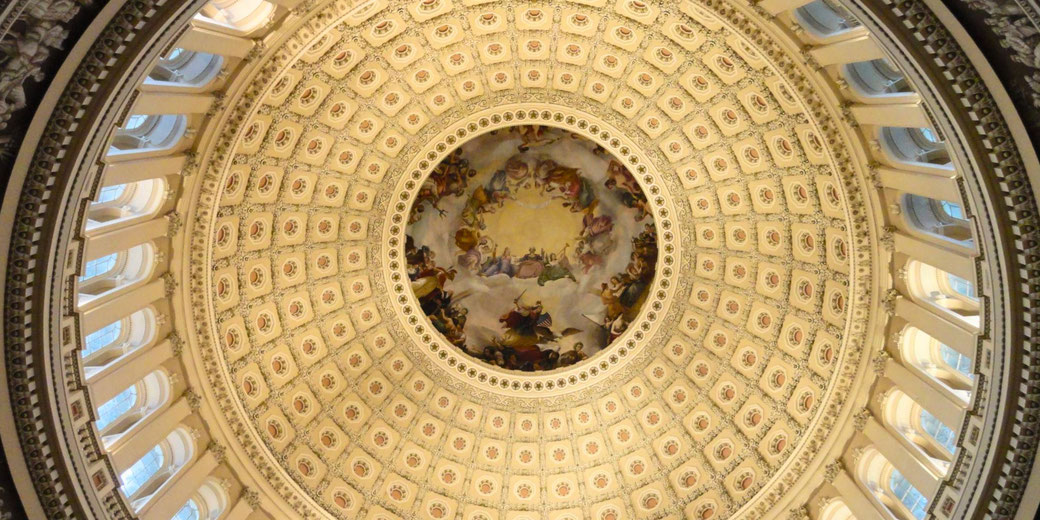Historical causes and consequences explained

As you study historical events, you will discover that things do not simply ‘happen’ without reason.
Historical events are caused by things that occurred before them.
Also, historical events create changes that have consequences long after the event is over.
Cause and consequence is a relationship in history between an event, a condition, or a decision (the cause) and the events or results that follow it (the consequences).
Understanding cause and consequence is a key aspect of historical analysis and helps historians to understand how and why things happened in the past.

Causes
Every historical event occurred because of a series of events that happened beforehand.
Things that directly lead to another event are called ‘Causes’. Some causes occurred immediately before the event began, while others existed for several years before they caused the event.
-
Causes that occurred only a few hours, days or weeks before the event are called 'Short Term Causes'
-
Causes that existed for years, decades or centuries before the event are called 'Long Term Causes'
Additional Notes:
Just because something occurred before the event does not mean it caused it. A cause is something that is directly related to the event.
Another way of thinking about it is to say that the later event would not have occurred if the earlier one had not happened.
Not all causes that lead to a particular historical event are as equally influential as each other.
Some causes are more significant than others.
Watch a video explanation on the History Skills YouTube channel:
Watch on YouTube
Assessing causes
-
Why did the event under examination occur?
-
What earlier events were central to the occurrence of the event under examination?
- What motivated the people who were involved in this event?
- What were the economic, political, military or social reasons that led to this event?
Consequences
Every historical event has a flow-on effect upon things that occur after it. Things that occurred because of the event under investigation are called ‘Consequences’.
Such consequences can include impacts upon people, societies, beliefs or any other facet of history.
-
Consequences that occurred only a few hours, days or weeks after the event are called 'Short Term Consequences'
- Consequences that occurred years, decades or centuries after the event are called 'Long Term Consequences'
Additional Information:
The more you study history, the more you realise that consequences also become causes for other events.
Assessing consequences
-
What later events were the direct result of the event under examination?
- What changed in society as a result of the past event?
- What were the economic, political, military or social changes which resulted from this event?
Test your learning
No personal information is collected as part of this quiz. Only the selected responses to the questions are recorded.
Looking for a causes and consequences worksheet?

What do you need help with?
Download ready-to-use digital learning resources
Copyright © History Skills 2014-2025.
Contact via email
With the exception of links to external sites, some historical sources and extracts from specific publications, all content on this website is copyrighted by History Skills. This content may not be copied, republished or redistributed without written permission from the website creator. Please use the Contact page to obtain relevant permission.















